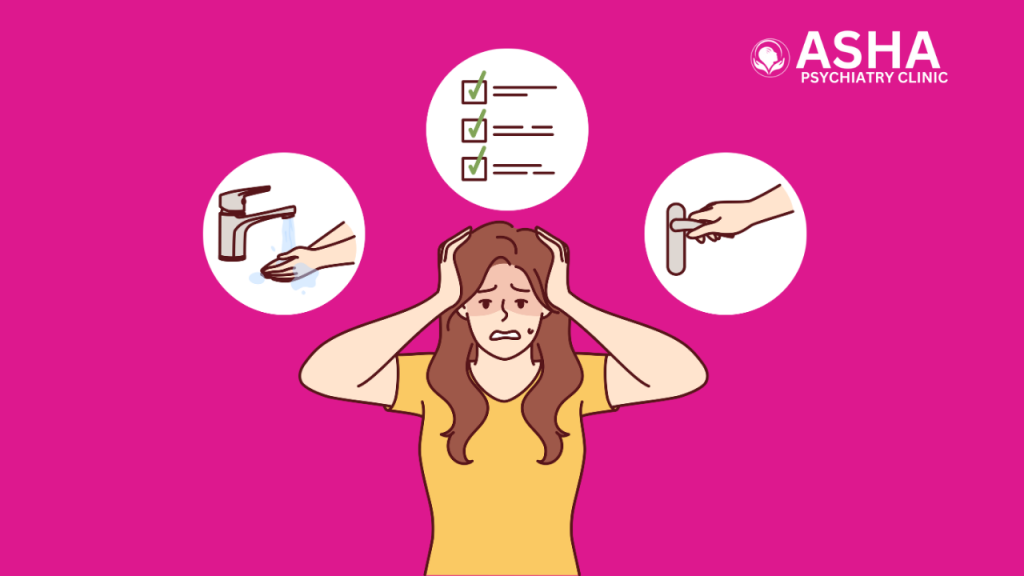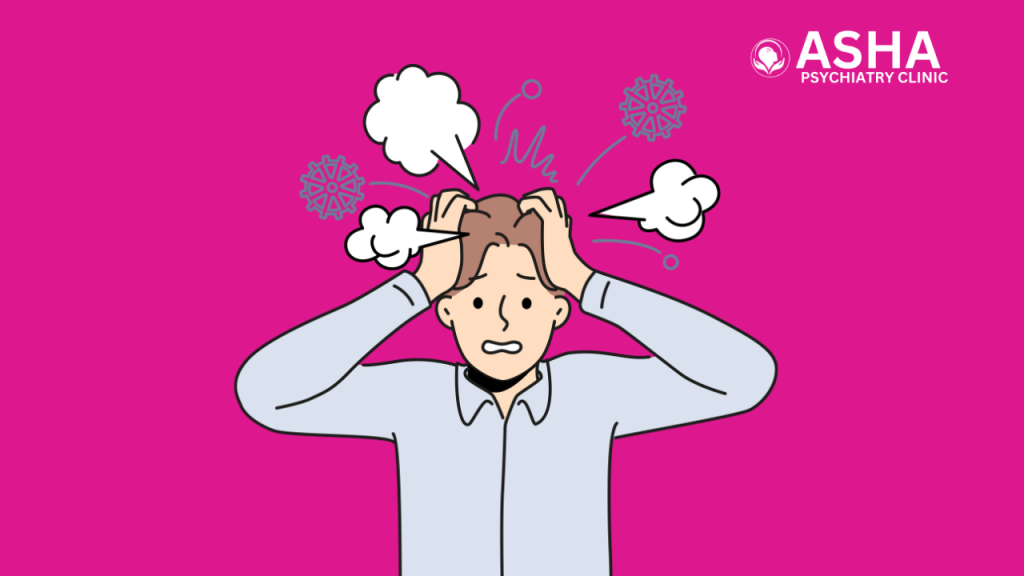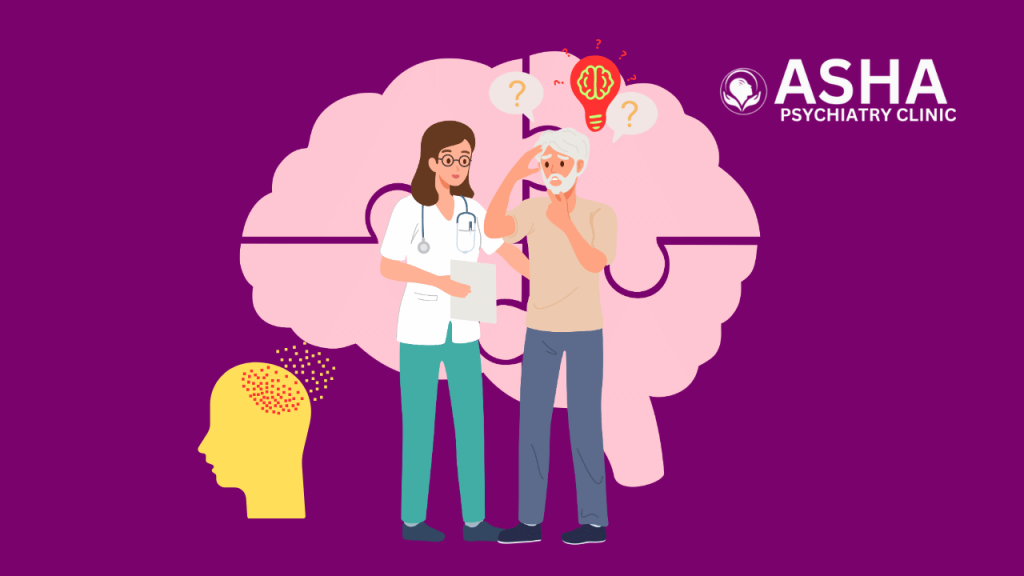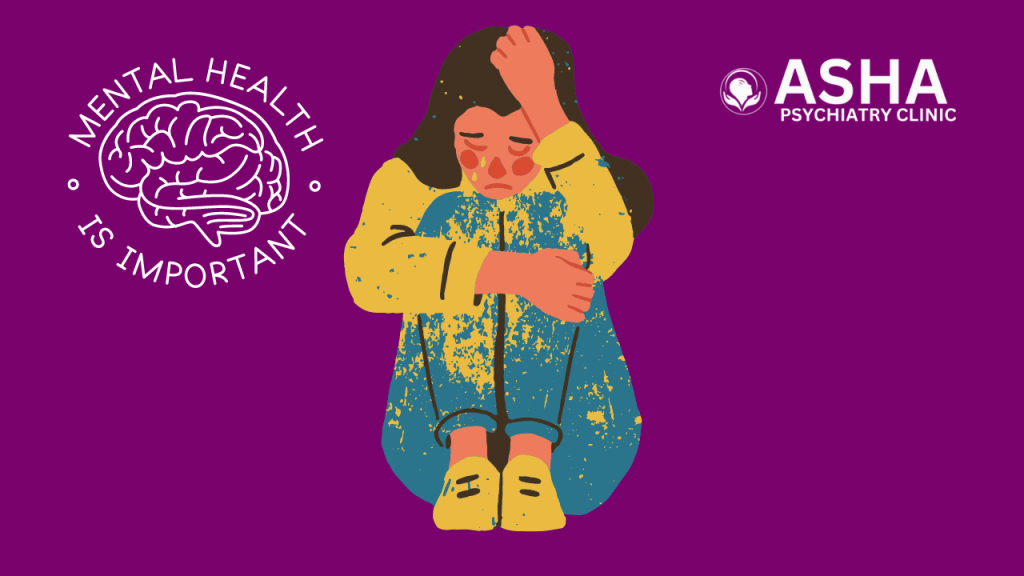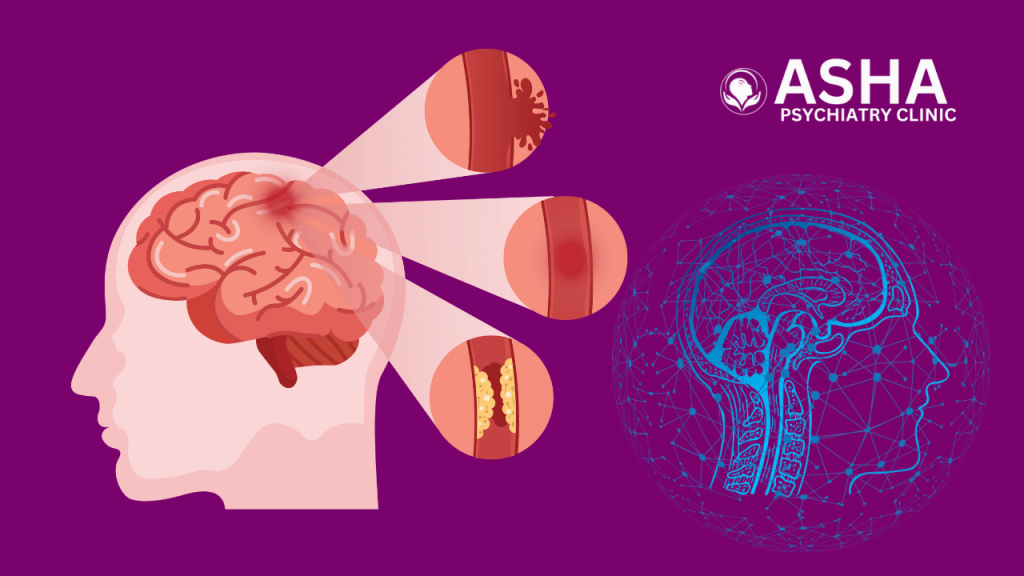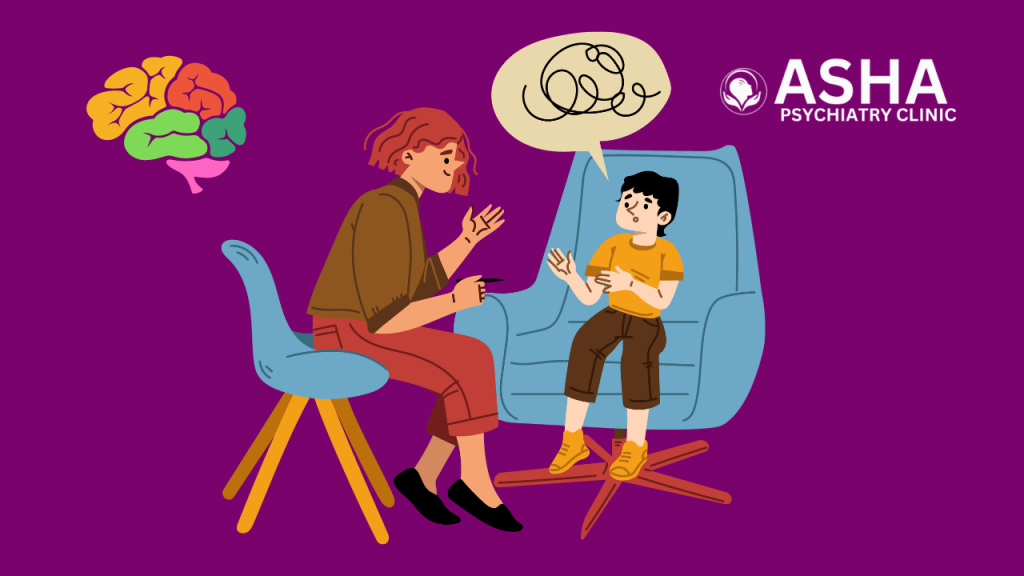Mental health issues in children can often be subtle and difficult to identify, but early detection is crucial for effective treatment and support. Dr. Srikanth Bandari, a Consultant psychiatrist specializing in child mental health working at Asha Psychiatry Clinic has shared insights on how to recognize psychiatric concerns in kids.
By understanding the signs and knowing when to seek help, parents can ensure their children receive the care they need for emotional well-being.
Key Signs of Psychiatric Issues in Children
- Changes in Mood: especially in teenagers
- Persistent sadness, irritability, or extreme mood swings.
- Sudden withdrawal from family, friends, or activities they used to enjoy.
- Outbursts of anger, frustration, or aggression that seem disproportionate to the situation.
- Behavioural Changes:
- Unexplained tantrums, defiance, or refusal to follow rules.
- Acting out in school or other social settings, including getting into frequent conflicts with peers or authority figures.
- Loss of interest in hobbies, games, or activities they once loved.
- Social Withdrawal:
- Avoidance of social interactions, preferring to spend time alone.
- Difficulty making or keeping friends, or showing a lack of interest in relationships with peers.
- Avoiding school or social events due to fear, anxiety, or discomfort.
- Changes in Academic Performance:
- A noticeable drop in grades or academic performance, difficulty focusing in class.
- Complaints from teachers about inattentiveness, disruptive behaviour, or lack of participation.
- Struggles with completing homework or concentrating on tasks they used to handle with ease.
- Physical Complaints Without Medical Cause:
- Frequent complaints of headaches, stomachaches, or other unexplained physical symptoms that may be linked to stress or anxiety.
- Constant fatigue despite adequate sleep, or other signs of low energy and motivation.
- Sleep Disturbances
- Changes in Eating Habits: especially in girls
- Sudden loss of appetite or overeating without obvious reason.
- Obsession with food, body image, or dieting, could indicate early signs of eating disorders.
- Unexplained weight loss or gain.
- Emotional Regulation Problems:
- Difficulty managing emotions.
Common Psychiatric Issues in Children
- Anxiety Disorders:
- Excessive worry, fear, or nervousness that disrupts daily activities.
- Common symptoms: trouble sleeping, stomachaches, irritability, and avoidance of school or social situations.
- Attention-Deficit/Hyperactivity Disorder (ADHD):
- Difficulty focusing, impulsive behaviour, and hyperactivity.
- Children with ADHD may struggle with schoolwork, following instructions, or sitting still for extended periods.
- Depression:
- Persistent sadness, loss of interest in activities, and withdrawal from friends and family.
- Signs include changes in sleep patterns, appetite, irritability, and feelings of hopelessness.
- Autism Spectrum Disorder (ASD):
- Challenges with social interaction, communication, and repetitive behaviours.
- Symptoms vary but may include difficulty making eye contact, delayed speech, and rigid routines.
- Oppositional Defiant Disorder (ODD):
- Frequent temper tantrums, defiance toward authority, and argumentative behaviour.
- Children with ODD often refuse to follow rules and may have trouble controlling their emotions.
- Obsessive-Compulsive Disorder (OCD):
- Intrusive thoughts (obsessions) and repetitive behaviours (compulsions) to alleviate anxiety.
- Symptoms may include excessive hand-washing, counting, or checking things repeatedly.
- Eating Disorders:
- Unhealthy relationships with food, lead to behaviours like restricting food intake, binge eating, or purging.
- Signs include significant weight changes, obsession with body image, and food rituals.
Tips for Parents to Help Identify Psychiatric Issues in Kids
- Open Communication:
- Maintain a trusting relationship with your child by encouraging open conversations about their feelings and daily experiences.
- Ask gentle, non-judgmental questions to help them express any fears, worries, or emotional struggles.
- Monitor Behavior Over Time:
- Keep track of any changes in your child’s behaviour, mood, or routines. Small changes may seem normal at first, but if they persist or worsen, it could be a sign of an underlying issue.
- Seek Feedback from Teachers and Caregivers:
- Teachers, daycare providers, or babysitters often notice behaviour changes that parents may not observe. Regularly check in with them for feedback on your child’s behaviour in different environments.
- Trust Your Instincts:
- As a parent, you know your child better than anyone. If something feels off or your child’s behaviour changes dramatically, trust your gut and seek professional advice.
- Consult a Professional:
- If you observe persistent symptoms that interfere with your child’s ability to function, consult a child psychiatrist or psychologist for a thorough evaluation.
Final Thoughts
Dr. Srikanth Bandari emphasizes the importance of being attentive to both emotional and behavioural changes in children. Identifying psychiatric issues early can lead to timely intervention, improving the child’s long-term mental health and well-being.
By maintaining open communication, seeking professional help when necessary, and observing changes in mood, behaviour, and social interactions, parents can provide the support their children need to thrive.
If you have any queries feel free to contact Asha Psychiatry Clinic, Lingampally. Hyderabad.

